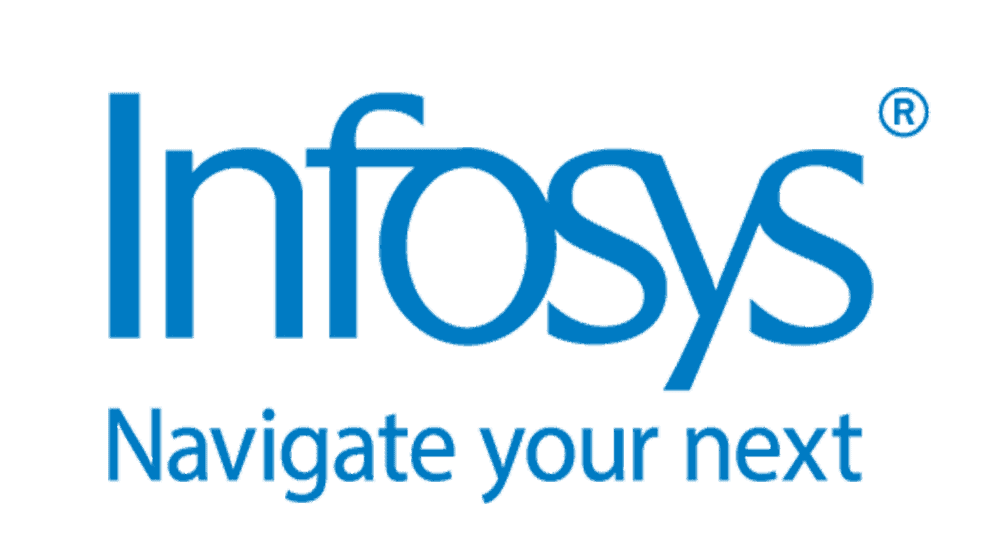
This “Great Wealth Transfer” will impact millions of people around the world and could potentially open up exciting opportunities to reshape our financial systems and redistribute wealth to support both people and our planet. More immediately, however, this unprecedented transfer of wealth represents a major challenge for banks, particularly those who provide services to high-net-worth individuals.
From now until 2025, $35.8 trillion (42%) of the overall total volume of wealth transfers is expected to come from high-net-worth and ultra-high-net-worth households, which together only make up 1.5% of all households. In most cases, the children and grandchildren of these high-net-worth individuals (the likely recipients of wealth transfer) are currently using different banks.
Younger generations have no loyalty towards their parents’ preferred banks, and therefore incumbent banks are at risk of losing trillions of dollars’ worth of investment over the coming years. In fact, 87% of children plan to take management of their inheritance elsewhere, meaning that incumbent banks could see significant reductions in the size of their assets under management.
To minimize these risks, banks urgently need to engage younger generations who are set to inherit, and this means understanding their needs, values, and preferences, which are very different from those of their parents and grandparents.
At the same time, banks need to work with their existing high-net-worth customers to facilitate seamless and secure transfers of wealth to their children. This process should be digitally enabled and serve the needs of all generations.
Understanding generational differences is crucial to shape a robust wealth transfer process
To engage the next generation of investors, banks should be focusing on education, convenience and values.
Younger generations need the right support and advice to maintain and grow the wealth they inherit. Many of them don’t have the same level of knowledge and experience in investing as their parents. Shockingly, when it comes to the retention
of family wealth, it is estimated that 70 percent of wealthy families lose their wealth by the second generation, and 90 percent by the third, through a combination of asset dispersal, capital losses and inheritance tax.
Crucially, banks must recognize that younger generations are far more digitally literate than baby boomers. They favor the speed and convenience of digital banking, and they pride themselves on using only the most innovative applications and digital services. Indeed, by 2030, up to 80% of new wealth management clients will want to access financial advice in a Netflix-style model that is data-driven, hyper-personalized, continuous, and potentially by subscription.
The majority of millennials report that they would be open to using a ‘digital-first’ bank or fintech for their investment activities, and almost half would be willing to shift a large proportion of their assets to a fintech in order to get 24/7 availability and greater convenience.
The wealth transfer process is an opportunity to bridge the digital gap between generations
The reality is that the current wealth transfer process is unclear and inconsistent, often based on offline, personal relationships between high-net-worth individuals and their advisors. A lack of transparency and communication around inheritance planning between generations serves as a barrier to the smooth and efficient transfer of assets.
Barring exceptions, baby boomers are generally less digitally- savvy and more wary about managing and transferring assets through digital channels. High-net-worth individuals often have complex and diverse assets, and they need to stay ahead of tax reform and navigate global residencies in order to maximize their assets for their children and grandchildren.
If banks are to tackle the challenge of generational wealth transfer over the coming years, the starting point has to be the effective digitization of the wealth process, balancing the need for innovation to attract younger generations, with the need to reassure older customers around the suitability and security of digital services to manage and transfer their assets.
By bridging the digital gap between generations, banks can maintain and enhance their relationships with older high-net-worth customers, helping them to prepare their assets for transfer and bring their children and grandchildren into their process at an earlier stage through more transparent communication.
Building customer trust and loyalty through a digitally enabled wealth transfer process
A digitally enabled, transparent wealth transfer process can give older generations a sense of control, with features that enable them to share information and be more transparent with the next generation about what they stand to inherit. It can also help families to retain the knowledge and relationships built up over many years, combining intuitive digital experiences with the expertise and personal touch offered by advisors.
Crucially, with a strategic, digitally enabled wealth transfer process, banks can engage new generations by creating tailored content based on their own particular interests. In doing so, they can help millennials and Gen Zs to deepen their knowledge and confidence around investment, building brand equity and reducing the chances that younger generations will take their inherited wealth elsewhere.
Increasingly, many high-net-worth individuals aren’t waiting for their existential end to pass on their wealth, pursuing a different strategy outside the traditional hand-offs of wealth through wills and trusts. A digitally enabled wealth transfer process makes ‘giving while living’ much easier on both sides, and this in turn provides banks with an ongoing opportunity to showcase innovative services to younger customers.

Senior Vice President
Regional Head Financial Services, Infosys
About the Author
Micha Helbig is currently responsible for Infosys Financial Services across continental Europe. He has almost 30 years of experience in consulting, business development, client relationship management and alliance management. At Infosys, he is the lead client partner for several key relationships, and he leads the Mortgage Council, which is a global team focused on growing the Infosys business in the mortgages sector. In his current role, Micha is focused on ensuring that Infosys customers receive maximum value from the Infosys organization and that Infosys operates as a strategic partner in enabling customers to achieve their business and technology objectives. Previously at Infosys, he has worked with Infosys Australia and New Zealand in financial services as well as insurance, health and life sciences. Micha is currently based in Amsterdam in the Netherlands. He a received a MSc. in Business Administration from the University of Groningen and also holds a Master of Sport Administration and Facility Management from Ohio University in the US. In his spare time, Micha loves spending time with his wife Hannah and son Jules, staying fit doing CrossFit and reading (mostly crime novels and management books).

